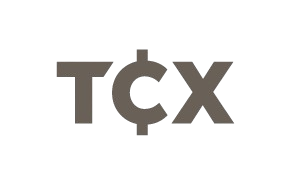Moody’s upgraded Pakistan’s sovereign credit rating to Caa1 from Caa2 with a Stable outlook, citing an improving external position under IMF programme reforms. This follows recent upgrades by S&P and Fitch to B- from CCC+. Pakistan’s recovery path is being supported by the USD 7 bln IMF bailout.
